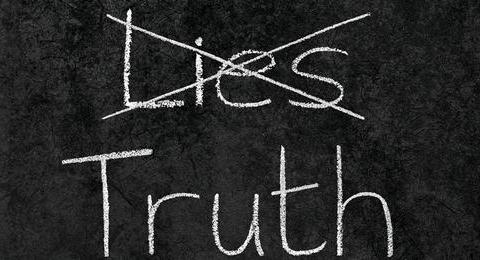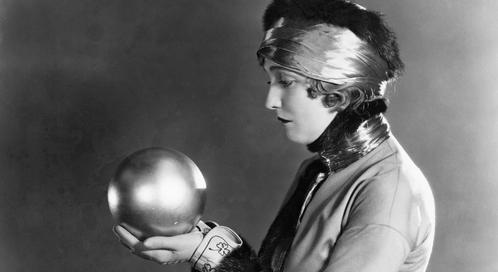To Our Minds, Honesty Comes in Shades of Gray

What’s the Latest Development?
Social psychologist Dan Ariely has conducted a number of experiments that illuminate our concept of honesty and demonstrate its fascinating limits. While economists and politicians have long taken for granted that being honest is the result of cost-benefit calculations, such that harsher punishments would deter people from committing crime, we now understand that there is an internal moral compass which obeys more complex rules. People are given over to dishonesty when they justify their own bad behavior by bending rules and resigning themselves to amorality.
What’s the Big Idea?
But surely being honest all the time is undesirable. Our concept of politeness, for example, often implies concealing or coloring the external truth. So some of our values are not always consistent with honesty, and that’s okay, says Ariely. “The problem arises when this becomes commercial rather than personal. If you’re an accountant and you have an internal truth of what’s happening in your company and you have an external truth, you can see where this goes. Honesty is a complex and tricky thing, and we don’t want to be honest all the time.”
Photo credit: Shutterstock.com





